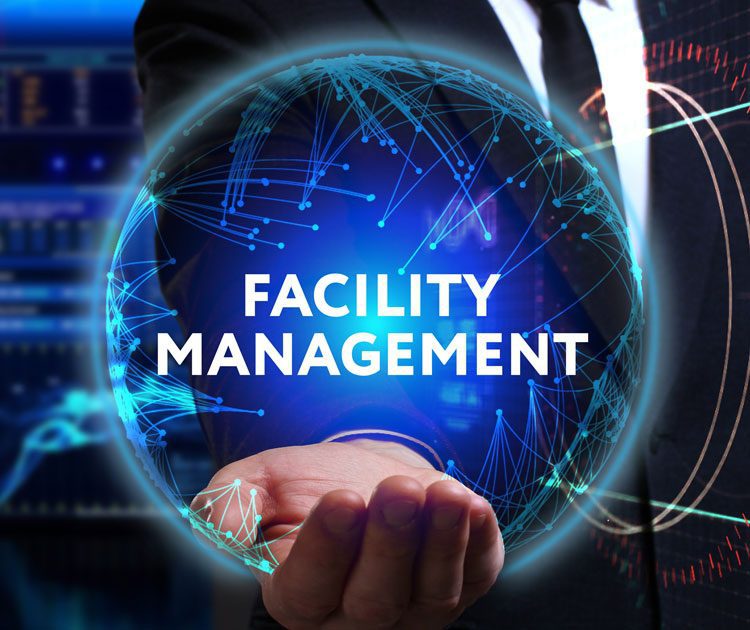Facility management is an essential discipline that ensures the effective and efficient operation of buildings and spaces, encompassing a wide range of activities aimed at maintaining and improving the physical environment in which people live and work. The projects of facility management play a pivotal role in creating and sustaining functional, safe, and efficient facilities. These projects can vary significantly in scope and complexity, ranging from routine maintenance tasks to extensive renovations and new construction initiatives. Understanding the different types of facility management projects is crucial for optimizing the performance and sustainability of facilities.
At its core, facility management projects are designed to support the primary mission of the organization or institution. They involve a series of coordinated activities that focus on enhancing the functionality, safety, and comfort of a facility while optimizing its lifecycle costs. Facility management professionals often utilize strategic planning to identify project needs, set goals, allocate resources, and establish timelines. These projects are not only about maintaining the physical structure but also about creating an environment that fosters productivity, enhances user satisfaction, and supports organizational objectives.
One of the most common types of facility management projects is maintenance and repair. This category includes routine inspections, preventive maintenance, and corrective repairs. Regular maintenance is essential to ensure that systems such as HVAC (heating, ventilation, and air conditioning), plumbing, electrical, and structural elements function effectively and efficiently. Facility managers develop maintenance schedules based on manufacturer recommendations and industry standards to minimize downtime and extend the lifespan of equipment and systems. These projects may also involve immediate repairs resulting from unexpected equipment failures or damage, requiring quick responses to minimize disruption and maintain safety.
Another significant category of facility management projects involves renovations and upgrades. As facilities age, they may require modifications to meet changing needs or to comply with updated codes and standards. Renovation projects can range from minor cosmetic updates, such as painting and carpeting, to major alterations that involve reconfiguring spaces, upgrading technology, or enhancing energy efficiency. Facility managers must assess the current state of the facility, identify areas for improvement, and develop comprehensive plans that align with the organization’s goals and budget. These projects often involve collaboration with architects, engineers, contractors, and other stakeholders to ensure successful execution.
In recent years, sustainability has become a critical focus within facility management. Projects aimed at enhancing sustainability often include energy efficiency upgrades, waste reduction initiatives, and the implementation of green building practices. Facility managers are increasingly tasked with identifying opportunities to reduce the environmental impact of their facilities while also reducing operating costs. This may involve retrofitting lighting systems with energy-efficient alternatives, improving insulation, or integrating renewable energy sources such as solar panels. Sustainability projects not only benefit the environment but can also enhance the organization’s reputation and attract environmentally conscious clients and tenants.
Space planning and optimization are also key components of facility management projects. Effective space utilization is essential for maximizing the value of a facility. Facility managers analyze how space is currently being used and identify opportunities for reconfiguration or repurposing. This can include redesigning office layouts to promote collaboration and flexibility, implementing open-concept designs, or creating multifunctional spaces that can adapt to various activities. Space planning projects often involve gathering input from users to ensure that the changes meet their needs and enhance overall productivity and satisfaction.
Technology integration is another critical area of facility management projects. The rapid advancement of technology has transformed how facilities are managed and operated. Facility managers are increasingly incorporating smart building technologies that enhance operational efficiency and user experience. Projects may involve implementing building management systems (BMS) to monitor and control various building systems, integrating Internet of Things (IoT) devices for real-time data collection, or utilizing cloud-based software for maintenance management and reporting. These technology-driven projects enable facility managers to make data-informed decisions, improve response times, and enhance overall facility performance.
Moreover, facility management projects often encompass compliance and regulatory initiatives. Facilities must adhere to a myriad of local, state, and federal regulations, including safety codes, environmental standards, and accessibility requirements. Facility managers must stay informed about these regulations and ensure that their facilities remain compliant. Projects in this category may involve conducting audits, implementing safety training programs, or upgrading facilities to meet accessibility standards under the Americans with Disabilities Act (ADA). Compliance projects are essential not only for avoiding legal issues but also for fostering a safe and inclusive environment for all users.
In the context of facility management, project management skills are crucial for successful project execution. Facility managers must be adept at planning, organizing, and overseeing projects from inception to completion. This includes defining project objectives, developing budgets, coordinating resources, and communicating with stakeholders. Effective project management ensures that projects are completed on time, within budget, and to the required quality standards. Facility managers must also be prepared to adapt to unforeseen challenges and changes in project scope, demonstrating flexibility and problem-solving skills throughout the project lifecycle.
The projects of facility management encompass a broad spectrum of activities that are integral to the effective operation and sustainability of facilities. From maintenance and repairs to renovations, sustainability initiatives, space planning, technology integration, and compliance efforts, facility management projects are designed to create and maintain functional, safe, and efficient environments. As the demands on facilities continue to evolve, facility managers must embrace innovative approaches and leverage emerging technologies to enhance performance and meet the changing needs of their organizations. Ultimately, the success of facility management projects relies on the strategic alignment of goals, effective resource management, and a commitment to continuous improvement. By prioritizing these projects, organizations can ensure that their facilities not only meet current requirements but also adapt to future challenges, fostering a productive and sustainable environment for all users
Contact Info: Gulfektimal




